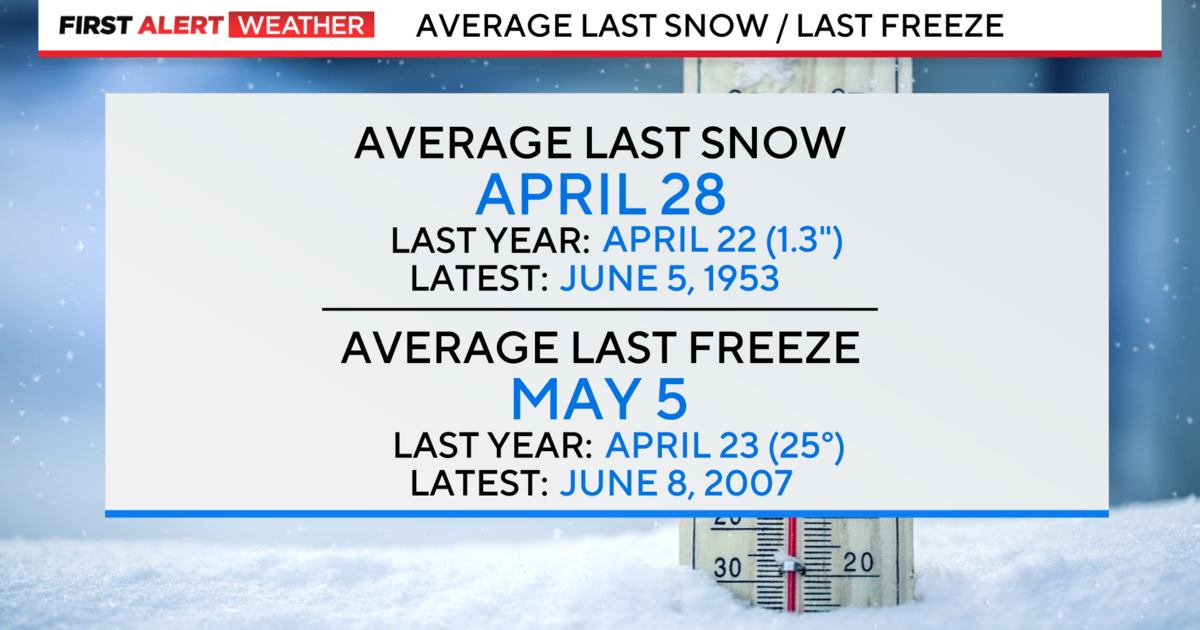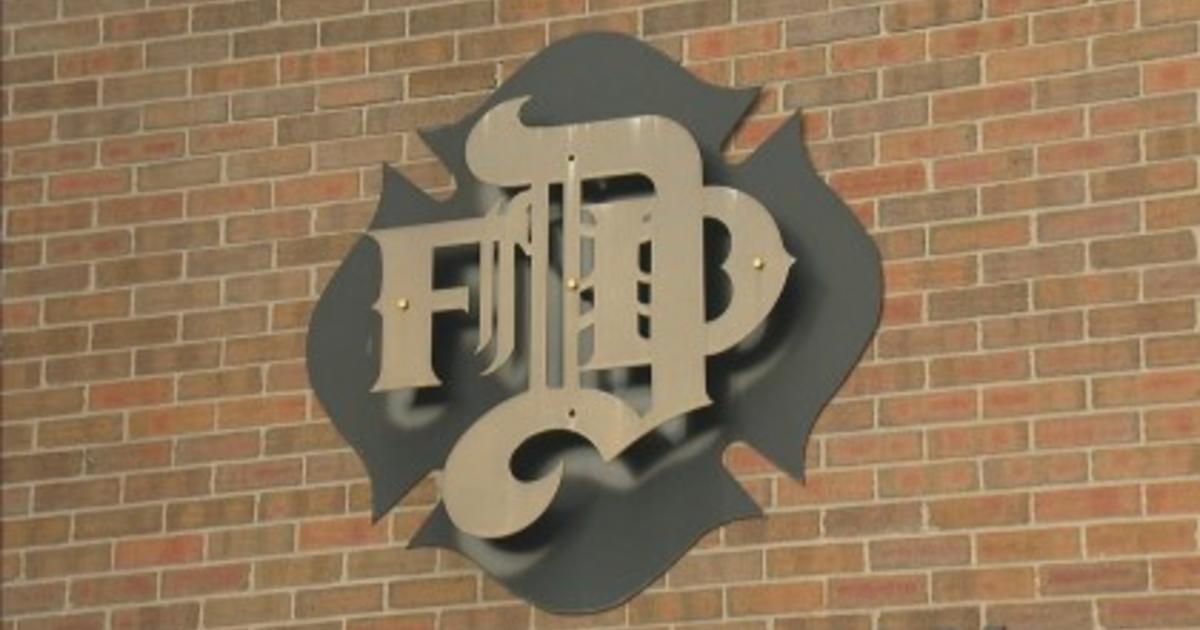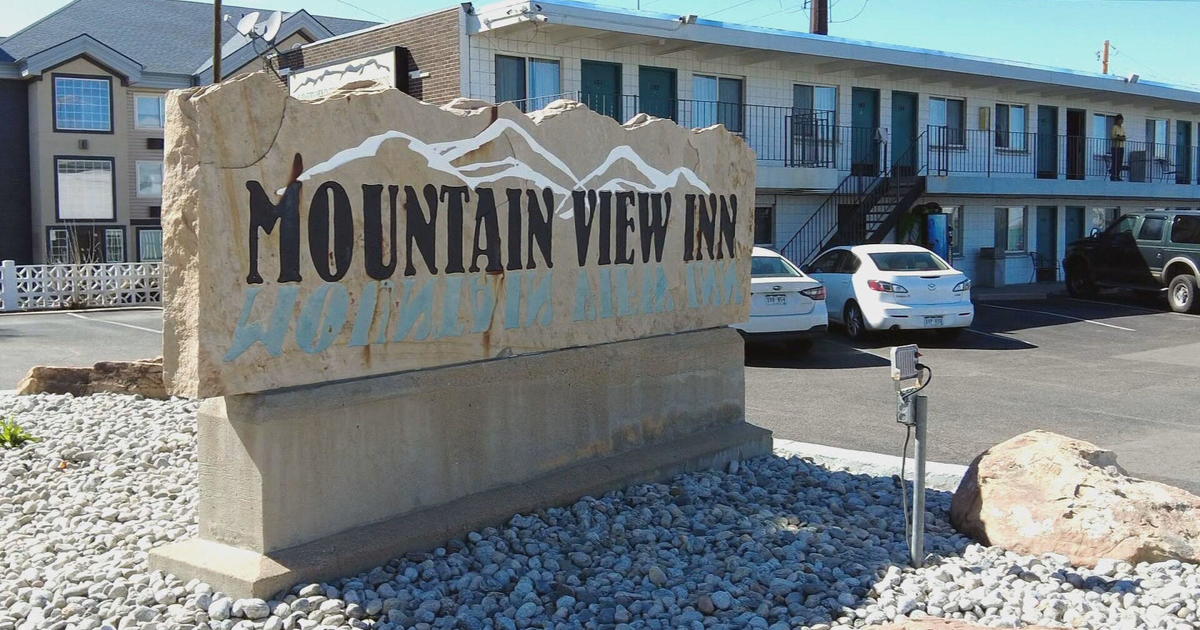Donated Breast Milk From Denver Helping Newborns In Casper
CASPER, Wyo. (AP) — On Wednesday morning, 3-day-old Caysen Rohrer needed an ounce of milk.
Since he was born a couple weeks earlier than expected and was delivered by Cesarean section, his mother's body could only produce three-quarters of an ounce of milk for the feeding.
The remaining amount was supplemented with donated breast milk, making Caysen the fourth baby at Wyoming Medical Center to benefit from a milk bank the hospital started using this week.
Katherine Rohrer didn't want to give her baby formula just yet, since the breast milk contains antibodies and other properties that makes infants healthy.
"It kind of nice he has that chance to have breast milk," she said.
Wyoming Medical Center is now receiving the milk from the Mothers' Milk Bank in Denver. It will be available to any mother whose baby needs more milk than she's able to produce, said Monica Money, the hospital's nursery clinical educator.
The new service is part of an overall attempt to keep babies who need special care at Wyoming Medical Center rather than sending them to hospitals outside the state, Money said.
"If it's a just a matter of the baby is not digesting formula, and we can provide this donor milk to our smaller, preterm babies, like our 34-weekers, and we can actually get them to digest it . we're going to have a better chance of keeping those babies here and keeping those moms and those families here, rather than making to go out of state and stay in a hotel," she said.
After the new maternity wing opened in the hospital's West Tower last year, staff began working through the legal and logistical requirements to begin receiving donated milk.
Women who donate milk are not paid, Money said. Many produce enough milk to give to others. Others have had babies in intensive care who were the recipients of donated milk and know how important it is, Money said.
Donors have to complete a lengthy questionnaire to be considered. They get their blood tested every six months. They have to label the dates and times when they pumped it and deliver it to a donor milk depot, said Money, who said she would like to open a depot at Wyoming Medical Center for local mothers to drop off donations.
The bank tests the milk to ensure it doesn't contain viruses or pathogens. Then they pasteurize it, freeze it and send it to recipients. At the Wyoming Medical Center, the milk is stored in a deep freezer until it's ready for use, Money said.
"There's never been any documented cases of babies getting HIV or hepatitis C or anything like that from mother's milk banks (because milk has) been tested," Money said. "If you get milk from the Internet, from your neighbor or whatever that's not been tested, that's a different story."
Newborns don't digest formula well, Money said, which can lead to diarrhea and bloated tummies.
Breast milk has also been shown in studies to help babies' immune systems. A baby's digestive system is designed exclusively for breast milk, and it's from the gut that nutrition is circulated through the body, Money said.
"The gut is a really good way for a baby to get sick and die," Money said. "We've evolved to try to protect our gut by what we put into it. So with moms only breastfeeding, which is what they're designed to do, they can protect their babies."
Rohrer was expected to go home with Caysen on Wednesday. The hospital can send some donated milk home with her, if she needs it.
Rohrer said she's happy her son, who weighed 6 pounds, 5 ounces Wednesday, has been keeping on the weight with it.
"I'm hoping to have enough milk to feed him on my own," she said. "But if we need extra, then we'll go ahead and get it."
By Laura Hancock, Casper Star-Tribune
(© Copyright 2015 The Associated Press. All Rights Reserved. This material may not be published, broadcast, rewritten or redistributed.)



